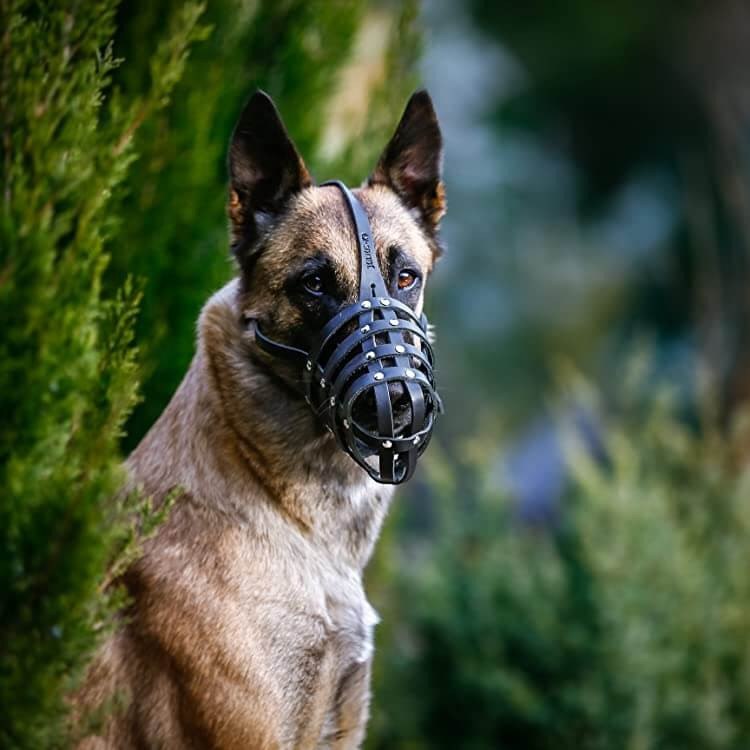
This behavior helps develop a relationship of trust between both parties: "We don't hurt one another." A muzzle grab, therefore does not involve biting, just grabbing. If they bite their opponent too hard, they will elicit a fight and will get hurt. Cubs and pups also learn the importance of bite inhibition when showing muzzle grab. They probably learn through play that the muzzle grab is a good way of stopping an opponent from doing something.

Cubs and pups also muzzle grab one another during play, typically between six and nine weeks of age. Canine mothers muzzle grab their puppies (sometimes accompanied by a growl) to deter them from suckling during weaning. The muzzle grab behavior emerges early on. This behavior appears to be reassuring for them, a means of saying, "I'm still your cub (pup)." Youngsters, cubs and pups sometimes solicit adults to muzzle grab them. Even though we sometimes see this behavior at the end of a dispute, wolves and dogs only use it toward individuals they know well (pack members) almost as way of saying "You're still a cub (pup)." The dispute itself does not tend to be serious, just a low-key challenge, normally over access to a particular resource. On the contrary, it is often the more insecure individual that shows submissive behavior by literally inviting its opponent to muzzle grab it. The more insecure individual does not resist the muzzle grab. The more self-confident individual will muzzle grab a more insecure opponent and thus assert its social position. The function of this behavior is to confirm a relationship rather than to settle a dispute.


wolves ( Canis lupus lupus), dingoes ( Canis lupus dingo), and dogs ( Canis lupus familiaris). A "Muzzle grab" (as shown in this photo of Marco de Kloet) is a common behavior shown by social canines, e.g.


 0 kommentar(er)
0 kommentar(er)
